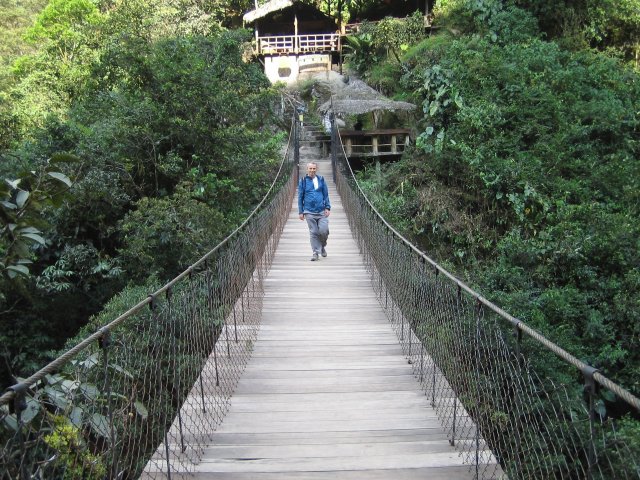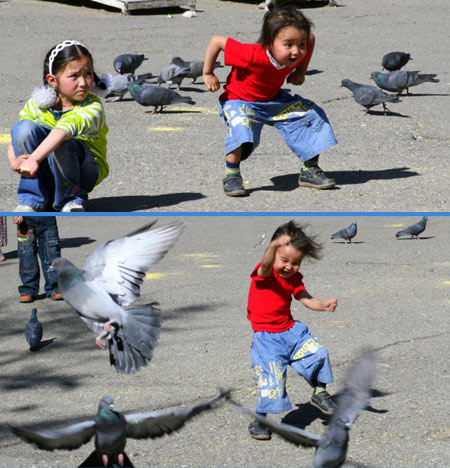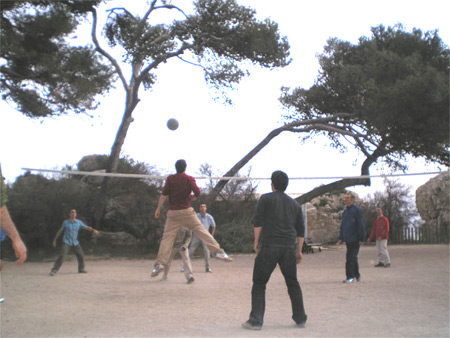
Often we feel that by constantly being aware of our weaknesses and analyzing them to death, we are making progress towards eliminating them. Yet very often the exact opposite is true: by focusing on our weaknesses, we often end up only perpetuating the cycle of misery and self-loathing that these weaknesses inflict upon us, and we in fact increase their hold upon us.
It can be much more rewarding to instead work on cultivating the opposing positive quality as an antidote. This has a number of advantages over merely ruminating on your negative qualities. By invoking positive qualities and seeing the transforming effect they have on your life, you feel a new sense of empowerment and are inspired to continue. Also, we all like adding new things to our life, and each new positive quality we develop makes us feel a fuller, more rounded person. Most importantly, we deprive these negative qualities of the mental oxygen they need to fester inside us.
Here are a few negative qualities and the ‘antidote’ quality to them that you can cultivate; as you can see, it is by no means an exhaustive list and I am sure you can easily think of a few more….
Doubt and certainty
Self-doubt can be one of the most damaging of all our negative qualities, in that it scuppers our attempts at self transformation and often dooms us to failure before we even get out of the starting blocks. Often we are so burdened down with doubt and hesitation that we never make the first move at all. However if we can feel that inwardly we are destined to achieve our goal, then the distance between us and that goal shortens immeasurably. We may stumble time and time again, but the very fact that we are determined never to give up means that these qualities will one day surrender to our will power.
Lethargy and dynamism
This is one very obvious application of cultivating a positive quality. In fact the very word ‘dynamism’ has great power, and just by repeating it over and over again, you begin to feel like a human dynamo, filled with energy and constantly on the move. As you feel it you can try and identify where in your body the lethargy is coming from, and imagine that you are surcharging that area with tremendous energy and enthusiasm.
Jealousy and oneness
Jealousy comes because we feel a sense of ‘otherness’ – i.e. someone else has what we do not, someone else has achieved something and is getting all the credit. In this case, the best antidote is to remove this sense of otherness by instead feeling your oneness with that person. In a way, you can think of the world as a giant family. In a normal family, when someone does something great, the brothers and sisters feel just as proud and happy as if they had done it themselves. Similarly, you can feel the same sense of joy that someone in your global family has done something great – in fact when you really develop this sense of oneness, you can definitely feel the same joy as if you achieved that thing yourself.
Anger and peace
The effect that inner peace has on controlling your anger is something many people find out about naturally when they take up a practice of meditation. For example, I came to the practice of meditation not knowing exactly what to expect. Practically the first thing I found that the ‘trigger spots’ that used to make me see red somehow failed to have that effect anymore – the inner peace I had found from meditation had somehow seeped into my outer life and neutralised much of the temper I had. In fact one meditation exercise you can do is use breathing to cultivate peace; when you breath in, feel that peace is entering and spreading through your entire being, and when you breathe out, you can feel that all the stress, tension and anger is leaving your system for good.
(Photo: Sri Chinmoy Centre Galleries Macedonia)









